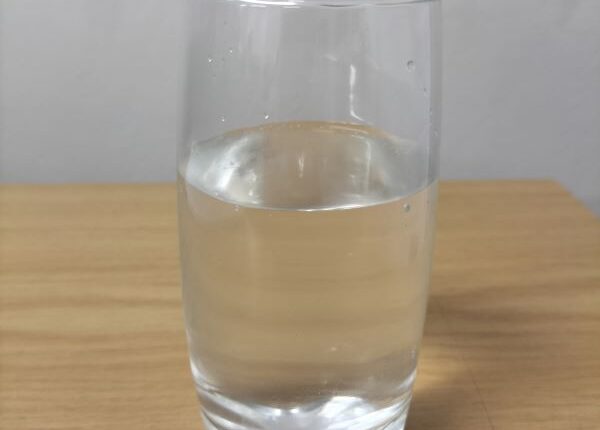Communities warn of cholera “Outbreak”
Correspondence
The Department of Water and Sanitation has warned communities who use water from rivers (raw or untreated) in the Northern Cape and North West to be careful as they might contain cholera. This include communities and water users along the Harts and Vaal rivers. The Department explained that residents from Christiana downstream must be careful when using the raw water from the rivers. It said it was established during the routine raw water sampling in September that water from 5 sites namely Wentzel dam, Schweizer Reneke, Christiana, Barkley West Caravan park and Douglas indicated the presence of cholera.
The statement from the Department read: “Communities are advised not to drink or come into contact with the raw water from the rivers. Follow-up sampling on the river is in process and will indicate the extend and area of caution. Communities under Dr Ruth Segomotsi Mompati, Francis Baard and Pixley ka Seme District Municipalities and the water services authorities in the area have been requested to take extra care in the water treatment process, disinfection and chlorination of the water”.
It has appealed to municipalities to effect water chlorination to safeguard water from the risk of cholera.
The Department has urged Naledi, Greater Taung, Leekwa Teemane, Magareng, Dikgatlong Sol Plaatje, Siyacuma and Phokwane Municipalities to treat water from the rivers to ensure it is safe for consumption and water is tested to ensure safe drinking water.
“The Vaal River is a “workhorse river” serving the Gauteng, Free State, Northwest and Northern Cape provinces, supplying water to various users for domestic, industrial, mine and agricultural use that contribute to nutrients in the river.
“All possible pollution sources from Bloemhof dam to Douglas are considered, specifically from the discharge of waste water treatment works. The required compliance monitoring and enforcement activities will continue to ensure compliance.
” The National Institute for Communicable Diseases has also set out guidelines that should be followed regarding safe drinking water.
The municipalities are encouraged to instruct water users to boil their water for drinking as extra safety precaution where laboratory or operational monitoring results may indicate a risk.


Comments are closed.